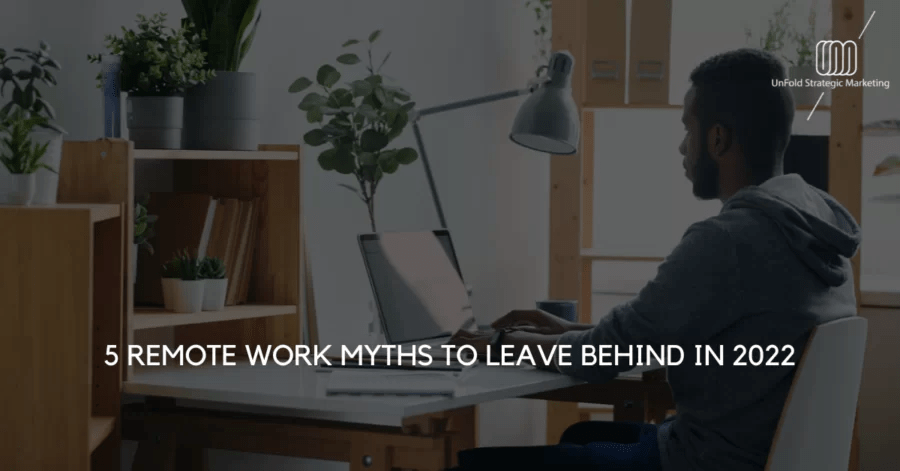Traditional employers might worry that remote work might result in less productivity, but companies are implementing this work style. Remote workers save money, create job retention, and allow employers to hire globally or diverse, unconventional employees that they couldn’t have due to location limitations.
There is always a research-proven benefit that benefit debunks the myths that surround remote work-
- ‘Remote workers are lazy.’
Usually, when you work remotely, your colleagues and superiors have no idea what you’re doing at a given moment.
Because of the remote setting, bosses are sceptical about their employees when it comes to productivity. They assume that they do less work than employees who can’t easily slack in an office.
It has been refuted by remote workers who have stated that they have worked for longer hours than office employees who have hard stops at the end of the day.
As the lines between home and work blur, it is difficult to know when to start walking away from the office.
- ‘Remote employees as lonely.’
It is a common misconception that remote workers do not like to interact with people just because they are not working on a floor filled with cubicles and other employees. As a result, their team-player abilities are being questioned. Some people also worry that working remotely won’t allow them to gain valuable in-person connections with other people.
- ‘You’ll have a better work-life balance.’
We have the perception that working remotely allows employees to strike a perfect balance between work and their personal life. It is wrong. Taking care of their kids, cleaning the house, and cooking meals for the family take up a lot more time than we expect and managing work simultaneously with household chores is a difficult task. In reality, successful remote employees avoid all home interruptions and sit at their desks for hours. This misconception, however, is getting cleared out as we gradually walk ahead in time, but we still have a long road to travel.
- You can’t be a manager if you work remotely.
Traditional employers are sceptical about hiring employees that work remotely when it comes to monitoring in-office activities. However, it is a myth that a team can’t be managed by working remotely. It does not need an in-office presence and day-to-day commuting to the office. The person in charge of the responsibilities can work according to a planned schedule by organising the activities and assigning duties to the subordinates. A manager’s capabilities can be judged by how well they can organise and lead a team despite differences among members and ensure the company’s success.
- You’ll have plenty of time for self-care
Employees are usually excited when they start remote work. They have the common perception that there is plenty of time available for self-care. However, this illusion is being cleared out by screen time they have to endure during work hours. People are usually excited about what their flexible schedules allow them to do, but they often face disappointments. A remote lifestyle can be hectic. The household chores that are piled up act as an add on to the already hectic work schedule. Work-life balance can be a distant goal when we start working remotely. Work eventually bleeds into every aspect of your life, and the line gets blurred.
As a remote employee, it is essential to create complex work and personal life schedules to ensure a proper balance. To know more about best brand agency working style visit unfoldmart.com

